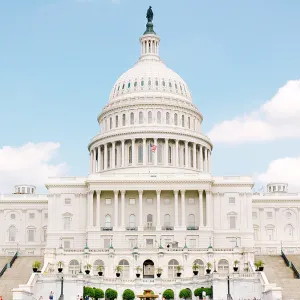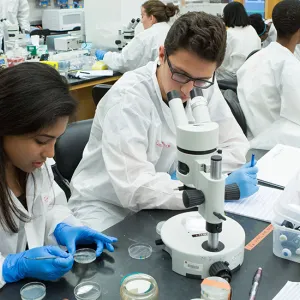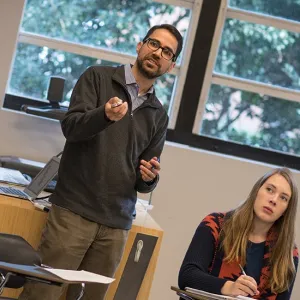Browse recent items below or search for something more specific

Federal investments in university research translate into lifesaving cures and treatments, pathbreaking discoveries, technological advancements and economic growth that impact each of us, writes Tulane University President Michael Fitts.
Vanderbilt University Chancellor Daniel Diermeier; University of Tennessee, Knoxville Chancellor Donde Plowman; and Council on Competitiveness President and CEO Deborah Wince-Smith explain how the state of Tennessee can become “America’s next great innovation hub.”
University of Utah President Taylor Randall and Utah State University President Betsy Cantwell on “why a college education is not a waste of time.”
The White House just released a new proposal that would turn back the clock on four decades of beneficial collaboration between leading research universities and the private sector. The plan would stifle revolutionary innovation across a range of critical sectors, hindering the development of everything from life-saving drugs to clean-energy technologies.
Arizona State University President Michael Crow and Helios Education Foundation CEO Paul J. Luna discuss how Arizona’s economic prosperity depends on homegrown talent and improving educational outcomes for students.
Vanderbilt University Chancellor Daniel Diermeier explains “why being a university president is the best job in the world” despite recent commentary in the media on how “nobody in their right mind” would want the job.
Purdue University President Mung Chiang was interviewed about the university’s efforts to support innovation in the “hard tech corridor” of Indiana by prioritizing STEM education, workforce development, and entrepreneurship.
University of California, Irvine Chancellor Howard Gillman and University of California, Berkeley School of Law Dean Erwin Chemerinsky discuss universities’ obligations to protect free speech, even offensive and hateful speech, under the First Amendment and how those obligations can sometimes clash with federal anti-discrimination laws.
Brandeis University President Ronald Liebowitz asks universities to forcefully confront antisemitism on their campuses.
University of Miami President Julio Frenk explains how academic medical centers, which operate “at the intersection of research, education and care,” can help lead transformative changes in healthcare and fight the “crisis of chronic disease.”



